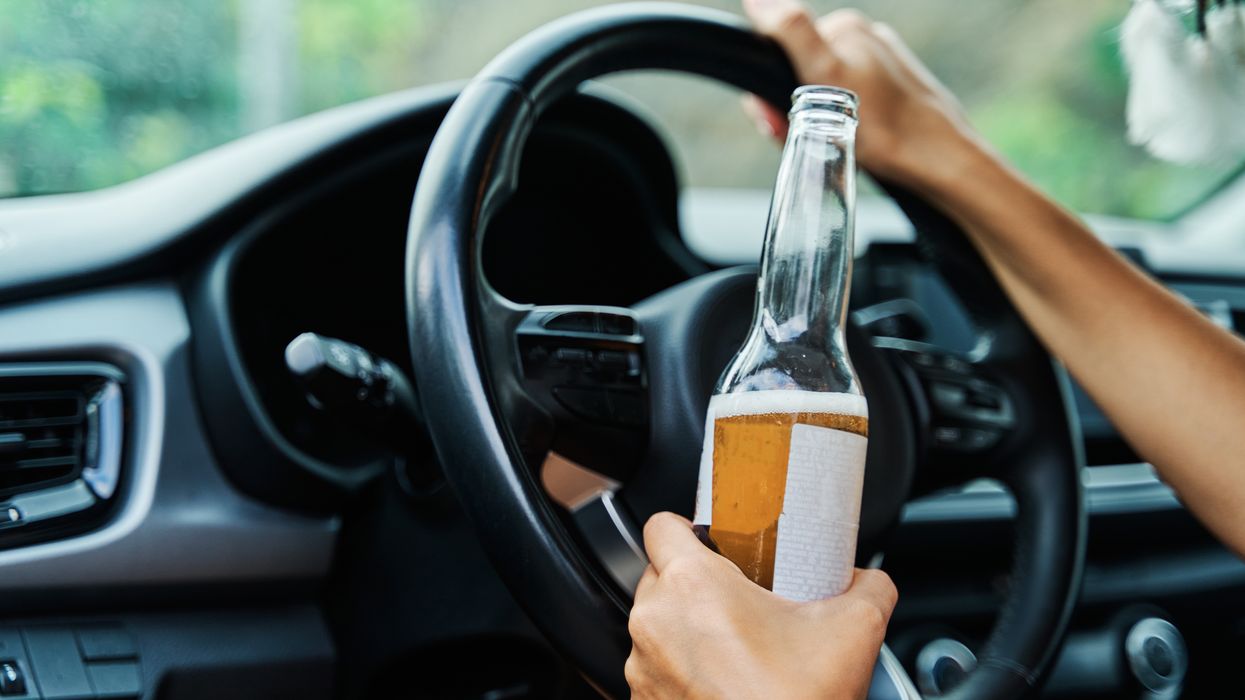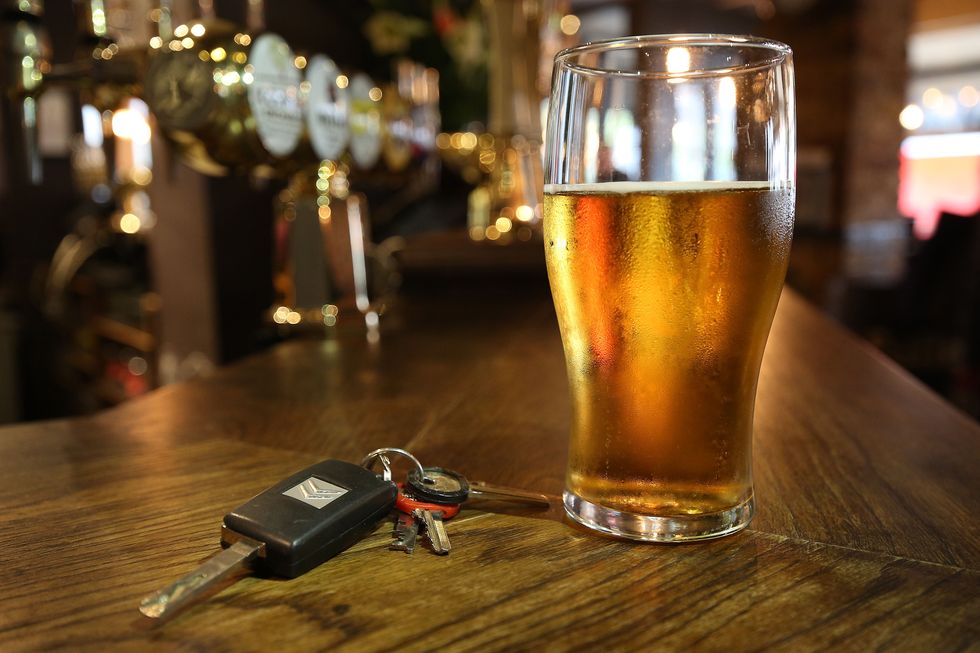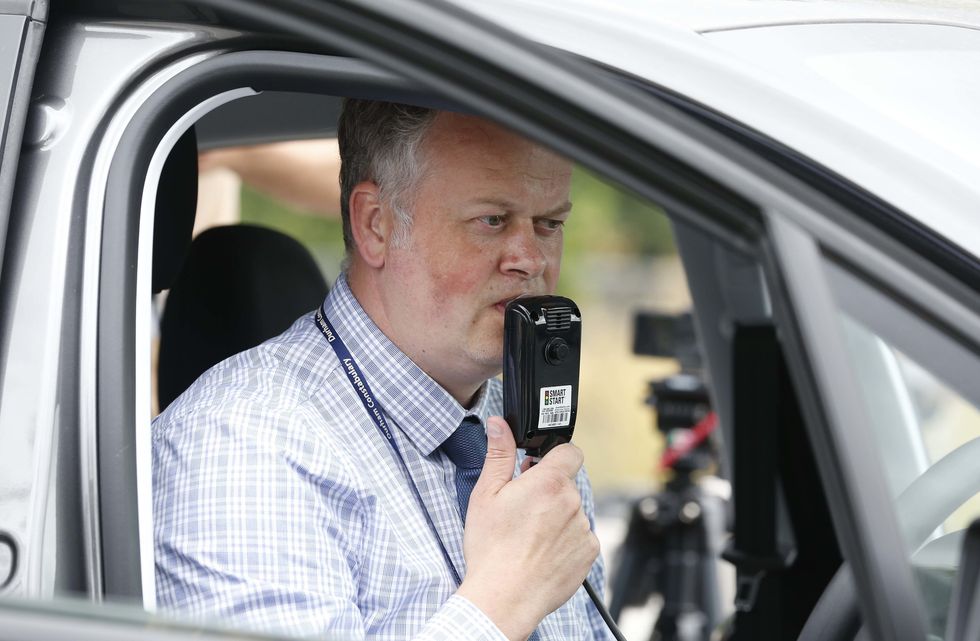New law changes could see drink driving limits cut to one beer or a glass of wine as doctors demand action

The driving law proposals have been backed by several road safety organisations
|GETTY

'We think it’s really important to call on Government to lower the legal [limit]'
Don't Miss
Most Read
Latest
Doctors have called for major motoring law changes to be introduced to reduce the legal blood alcohol limit when at the wheel.
A new report from the British Medical Association (BMA) stated that urgent law changes were needed to protect all road users as drink driving rates fail to drop.
The current legal limit is 80mg/100ml of blood in England, Wales and Northern Ireland, although Scotland has a lower limit at 50mg/100ml.
If someone is found to be in charge of a vehicle while above the legal limit, they could be hit with three months in prison, a fine of up to £2,500 and a possible driving ban.
Do you have a story you'd like to share? Get in touch by emailing motoring@gbnews.uk

Europe has some of the highest drink driving limits
|PA
Punishments can be even larger if they are driving or attempting to drive over the limit with the risk of a six-month prison sentence, an unlimited fine and a driving ban of at least one year.
However, a new report calls for the legal blood alcohol content (BAC) limit to be cut to 20mg/100ml (0.02 per cent) for new and commercial drivers.
A further cut would see a reduction to 50mg/100ml (0.05 per cent) for all other drivers, with eventual plans for all drivers to reach the lower 20mg/100ml limit "as soon as possible". This would be the equivalent of a small glass of wine or beer.
The BMA report has been endorsed by major organisations including road safety charity Brake, the Campaign Against Drink Driving, IAM RoadSmart and the College of Paramedics.
The legal limit in England, Wales and Northern Ireland is the highest BAC limit in all of Europe, with people who drink up to this level six times more likely than experienced drivers to be killed in an accident.
The BMA highlighted how studies in the United States have shown that reducing the BAC limit from 0.08 per cent to 0.05 per cent is effective in preventing collisions.
Carrie Reidinger, a population health policy advice and research officer at the BMA, said: “We think it’s really important to call on Government to lower the legal [use of alcohol].
"This is in line with the approach taken by many European countries such as Ireland and Greece.”
Alcohol and drug-related deaths were at a record high in 2021 and 2022, while fatality and collision rates caused by driving under the influence of alcohol have not dropped in the last decade.
Data from the Department for Transport found that almost one-fifth of all road deaths are caused by drink drivers.
A statement from the BMA said: "Harm caused by alcohol and other drugs, including when driving under the influence, places an avoidable burden on individuals and our society, emergency services, the NHS, and the economy."
The BMA is also calling for accompanying measures to make the drink driving limit effective, including adequate enforcement and education.
LATEST DEVELOPMENTS:

The BMA has called for two different limits depending on what vehicles they drive
|PA
This would also include media campaigns to inform the public of the health risks and dangers from driving under the influence and "mandatory labelling".
Increasing alcohol and drug treatment service capacity and capability would also be included in the BMA's recommendations.










